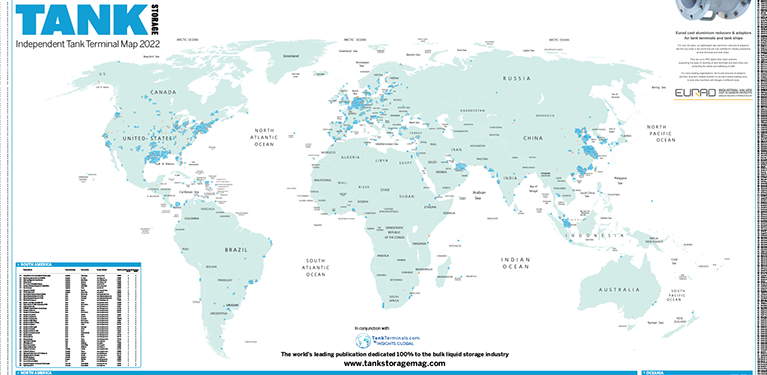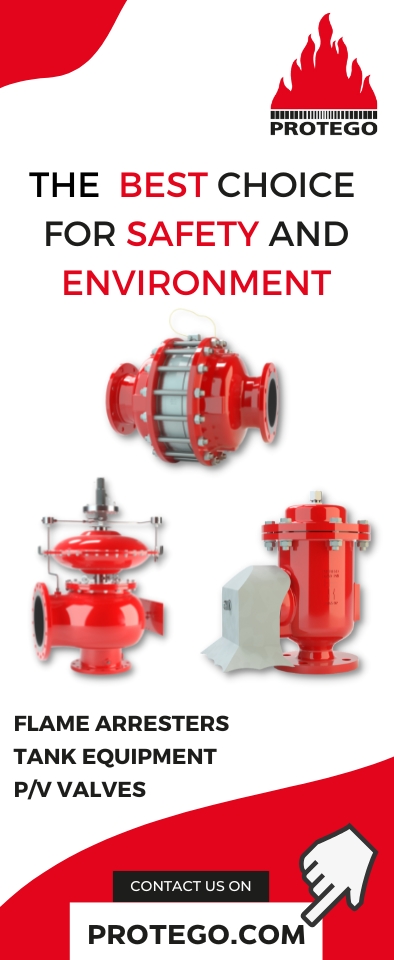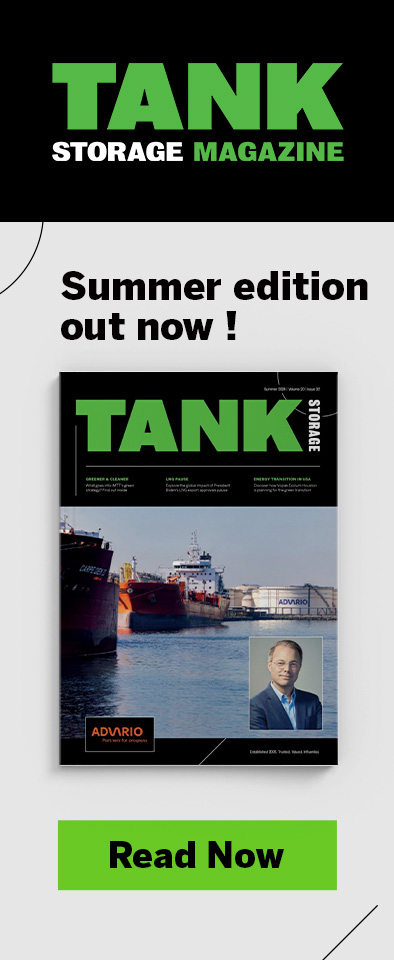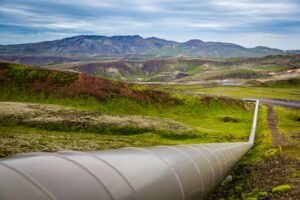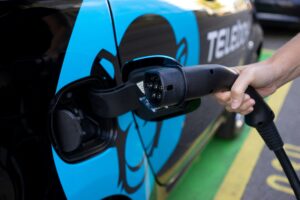The Province of Zuid-Holland have announced that neighbouring companies Recycling Kombinatie REKO and Koole Tankstorage Pernis have joined forces with the construction of a steam pipeline between the two companies.
The pipeline, made possible in part by the subsidy scheme ‘energy infrastructure on industrial estates’ of the province of South Holland, ensures a CO2 reduction of 3000 to 5000 tonnes per year. This corresponds to the electricity consumption of about 5000 homes. The steam network has been officially connected and put into operation today.
Jeannette Baljeu, member of the port and industry provincial executive says: ‘The collaboration between REKO and Koole shows that companies are taking up the gauntlet and becoming more sustainable. And how we, as a province, can help make a difference in the transition to zero emissions. It’s great that companies are looking for each other to deal with each other’s waste streams in a smarter way.’
Koole’s business activity is the storage and transhipment of various vegetable oils that are used in the food industry, among other things. The storage tanks for these oils must be heated to keep the stored oils sufficiently liquid and pumpable. To do this, steam was first generated with a gas-fired steam boiler.
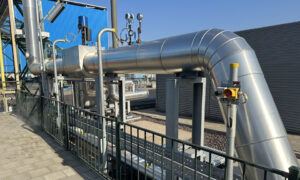 By using the steam network with REKO, around 6 million cubic metres of natural gas are now saved.
By using the steam network with REKO, around 6 million cubic metres of natural gas are now saved.
After taking a look behind the scenes, Koole and REKO came to the conclusion that it is not efficient to burn gas at Koole to produce steam, while the steam produced by REKO is converted into electricity. By supplying steam by REKO to Koole, more than 40% energy can be saved.
‘Often, the costs of constructing the pipeline mean that the companies are unable to complete the business case. By granting the subsidy on the pipe, we ensure that the unprofitable top is reduced. This enables us to give companies a push in the right direction,’ adds Baljeu.
With the subsidy scheme ‘energy infrastructure on industrial estates in Zuid-Holland’, the province contributes to reducing CO2 emissions from industry. The scheme is intended for cooperating companies in the industrial sector that want to adapt their infrastructure on their own industrial estate.
A total of 4 projects have been subsidised with this scheme with an expected CO2 reduction of 31,000 tonnes of CO2 and 650 kg of nitrogen (NOx). It is no longer possible to make use of this subsidy.


